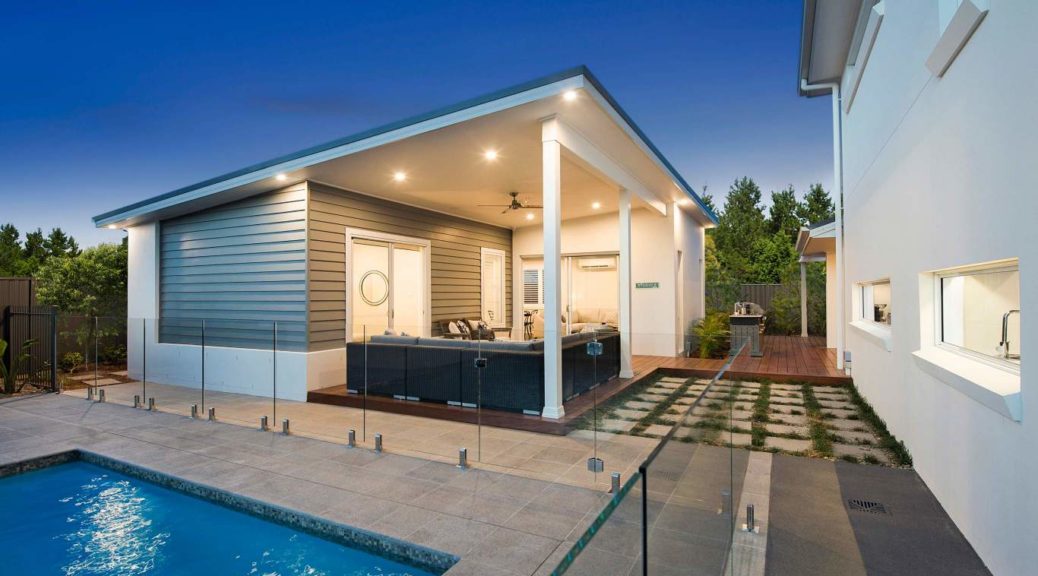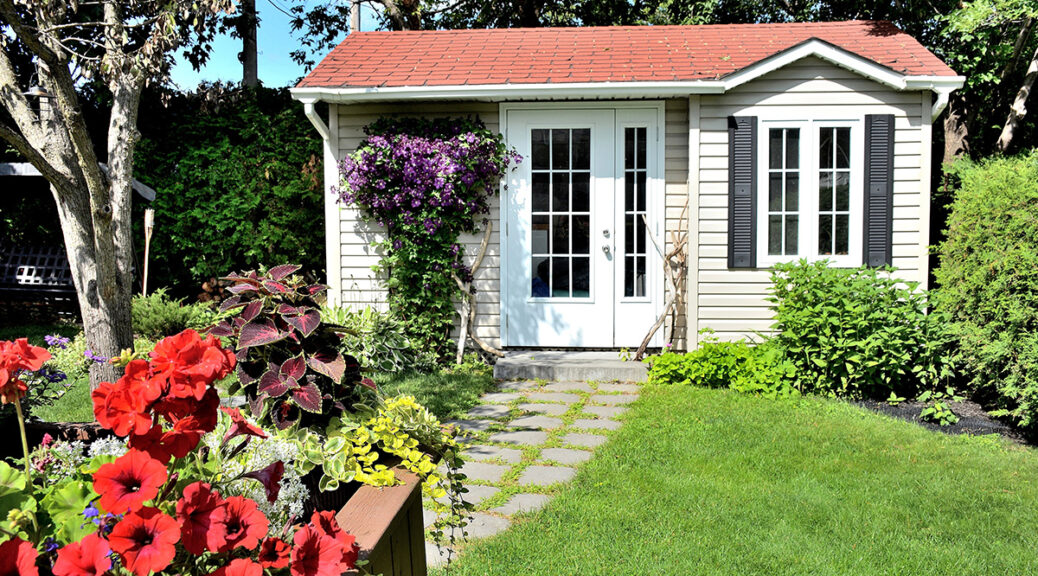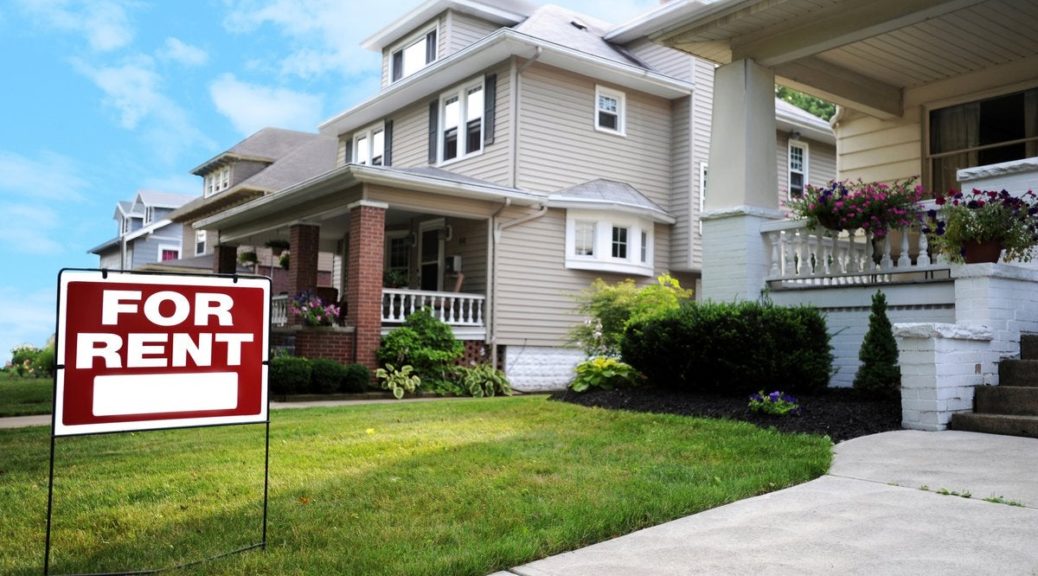
Would make void and unenforceable any provision of a governing document that effectively prohibits or unreasonably restricts the construction of a housing development or urban lot split on a lot zoned for single-family residential use.
Current Status: Pending
FindHOALaw Quick Summary:
The Planning and Zoning Law requires a proposed housing development containing no more than 2 residential units within a single-family residential zone to be considered ministerially, without discretionary review or hearing, if the proposed housing development meets certain requirements.
This bill would amend Government Code Section 65852.21 to require ministerial approval for proposed housing developments containing no more than 2 residential units on any lot hosting a single-family home or zoned for 4 or fewer residential units, notwithstanding any covenant, condition, or restriction imposed by a common interest development association.
The Davis-Stirling Common Interest Development Act governs the management and operation of common interest developments. It makes void and unenforceable any covenant, restriction, or condition contained in any deed, contract, security instrument, or other instrument affecting the transfer or sale of any interest in a planned development, and any provision of a governing document, that effectively prohibits or unreasonably restricts the construction or use of an accessory dwelling unit or junior accessory dwelling unit on a lot zoned for single-family residential use that meets the above-described requirements established for those units.
This bill would amend Civil Code Section 4751 to additionally apply the above-described provisions to housing developments and urban lot splits receiving ministerial approval.
View more info on SB 677from the California Legislature's website
Related Links
California Legislature Further Limits a HOA’s Right to Restrict Rentals
Published on HOA Lawyer Blog (September 2020)
Request for Installation of Accessory Dwelling Units
Published on HOA Lawyer Blog (March 2021)
SB 9 Signed! Statewide Re-zoning of Single-Family Neighborhoods & Urban Parcel Splits
Published on HOA Lawyer Blog (September 2021)






